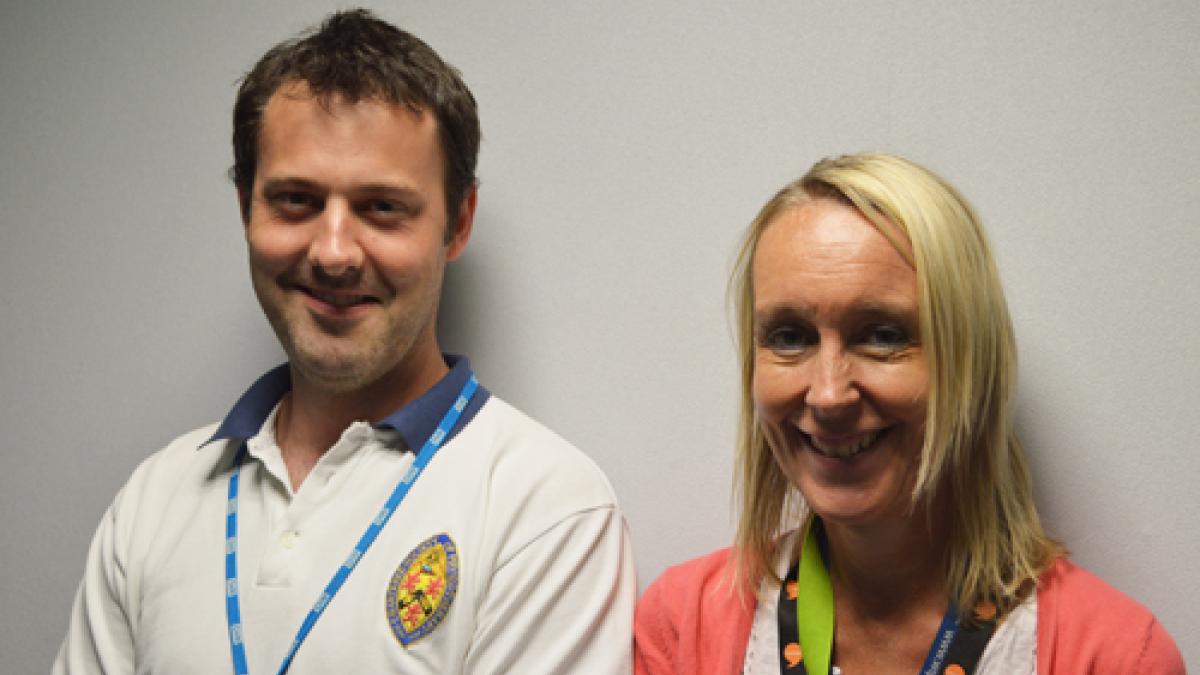Advanced musculoskeletal (MSK) physiotherapy practitioners at four primary practices in north west Wales have saved nearly 700 GP appointments over three months.

Advanced physiotherapy practitioners Robert Caine and Cathy Wynne
The findings were published by the Welsh Government. It provided funding to start the scheme in which patients with MSK problems are referred directly to physios instead of doctors.
What started as a pilot in January has continued and the health board, Betsi Cadwaladr, is currently recruiting permanent advanced practitioner posts.
Four surgeries in Pwllheli, Blaenau Ffestiniog and Barmouth were selected to take part in the pilot. They were struggling with a shortage of doctors because GPs were retiring and it was hard to replace them.
The physio referrals are made in one of two ways. At the Treflan surgery in Pwllheli the automated phone system asks patients whether they have a joint, ligament or muscle injury and directs their call accordingly.
Receptionists at the other practices can ask patients whether they have an MSK problem and would like to see a physio.
There are no initial cost savings because although physios are paid less than GPs, they spend more time with patients. But a spokesperson for the health board predicted that because MSK patients are being treated earlier they will need fewer interventions in the longer term.
Cathy Wynne, an advanced physiotherapy practitioner who is responsible for running the project, said: ‘It’s about us having those advanced MSK assessment skills.
‘If someone comes in with back pain, we can give them better advice than a GP can give them. And they can self-manage and hopefully it won’t become chronic, if we see them right at the beginning.’
Robert Caine, the advanced physiotherapy practitioner who led the pilot, said that out of more than 670 patients seen by the physios during the pilot, fewer than 10 per cent were referred into hospital physiotherapy. ‘Potentially we reduced secondary care physio referrals by 606 patients over three months,’ he said.
‘And I guess the overall benefit is reduced waiting times for rheumatology, pain clinics and orthopaedics because of this service.’
A feature about primary care physiotherapy will appear in Frontline on 16 September.
Find Out More
Number of subscribers: 0